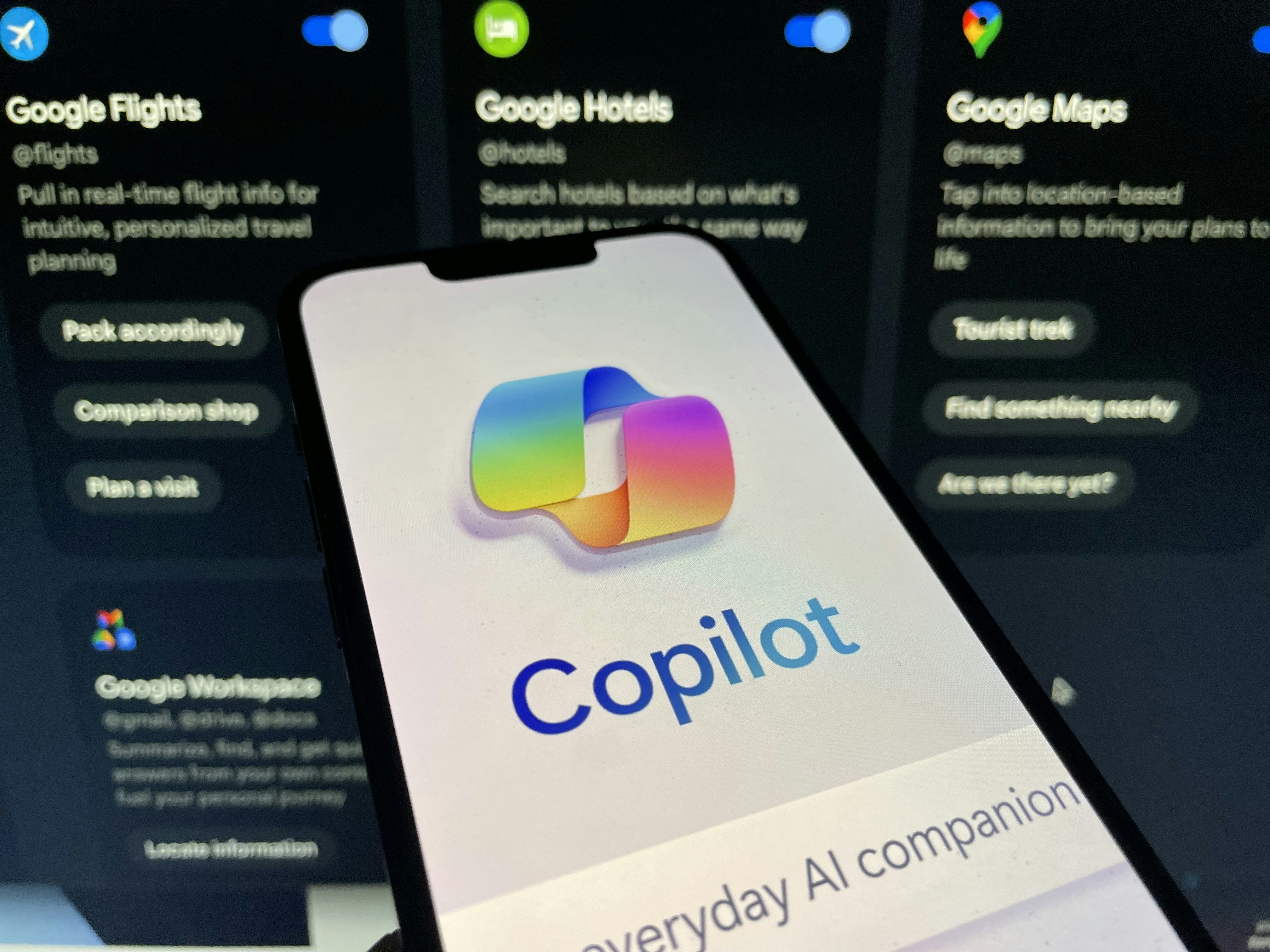Introduction to AI in Education
Artificial intelligence is playing a pivotal role in transforming the education landscape, shaping how students learn and interact with information. The integration of AI study tools into educational settings has emerged as a significant trend, offering numerous benefits that enhance the overall learning experience. One of the primary advantages of utilizing AI in education is the ability to provide personalized learning experiences tailored to individual student needs. By analyzing a student’s learning habits and progress, these tools can adapt resources and recommendations, ensuring that students receive the support necessary to excel.
Additionally, AI study tools can enhance student engagement, making the learning process more interactive and enjoyable. Features such as gamification, adaptive quizzes, and real-time feedback motivate students to actively participate in their studies. This increased engagement can lead to higher retention rates and a deeper understanding of educational material. Furthermore, as students work with these advanced tools, they develop critical thinking skills and learn to navigate complex problems, preparing them for future academic and career challenges.
Another fundamental benefit of AI-driven educational tools is the promotion of improved study efficiency. Students often face numerous distractions and overwhelming amounts of information, which can hinder their ability to focus on important tasks. AI-powered study aids can help streamline this process by organizing study materials, setting schedules, and even offering reminders for upcoming deadlines. As such, students can manage their time more effectively, allowing for a deeper commitment to their academic responsibilities.
As we approach 2025, the relevance of AI study tools will continue to grow, positioning them as indispensable resources for students aiming to boost their grades and improve their learning outcomes. In the evolving landscape of education, these innovations not only contribute to academic success but also equip learners with the skills necessary to thrive in a technology-driven world.
Top 10 AI Study Tools
As we progress into 2025, the landscape of educational technology continues to evolve, making it essential for students to stay informed about the latest AI study tools. Here, we highlight ten innovative applications that are set to enhance learning experiences and boost academic performance through personalized study solutions.
1. Quizlet: This platform leverages AI to create personalized quizzes and flashcards. Its adaptive learning feature tailors study materials based on individual quiz performance, making it an invaluable tool for mastering complex topics.
2. Grammarly: Not just a writing assistant, Grammarly’s AI features help students improve their writing skills by providing real-time feedback on grammar, style, and tone. This application is particularly beneficial for essay writing in academic settings.
3. Notion: Combining note-taking and task management, Notion employs AI to organize study notes efficiently. Its collaborative features facilitate group study sessions, enhancing students’ ability to share insights and resources.
4. Socratic: An AI-powered app that helps students understand homework problems by providing step-by-step explanations. This tool is advantageous for various subjects, making complex concepts more accessible.
5. Khan Academy: Utilizing AI, Khan Academy customizes learning paths based on user performance. This feature ensures that students focus on their weak areas while reinforcing their strengths.
6. Forest: Designed to help maintain focus, Forest uses gamification and AI to reward users for staying on task by growing a virtual tree. This approach encourages productive study habits in a fun way.
7. Duolingo: For language learners, Duolingo’s AI assesses learners’ proficiency and adjusts lesson difficulty accordingly, making it easy to progress at one’s own pace.
8. Studypool: This platform connects students with tutors in real time, and its AI recommends personalized tutoring sessions based on individual academic needs and challenges.
9. Wolfram Alpha: An indispensable tool for solving mathematical problems, Wolfram Alpha employs AI to provide step-by-step solutions, making it easier for students to grasp mathematical concepts.
10. Cram.com: Focusing on flashcard creation, Cram.com uses AI to track learning progress and suggests optimal review timing for effective retention, crucial for exam preparation.
These AI study tools represent a significant advancement in enhancing academic performance by tailoring the learning experience according to individual needs and capabilities. Selecting the right combination of these tools can lead to more effective study habits and improved educational outcomes.
Comparative Analysis of AI Tools
In the modern educational landscape, Artificial Intelligence (AI) tools serve as versatile companions to students, especially with the increasing reliance on digital resources. The comparative analysis of the top 10 AI study tools sheds light on differentiating factors such as user interface, accessibility, effectiveness, and overall impact on learning outcomes.
Firstly, the user interface plays a critical role in the effectiveness of these AI study tools. Intuitive design enables students to navigate the app seamlessly, allowing them to focus on mastering subjects rather than spending time figuring out how to operate the tool. Tools like Quizlet and Grammarly stand out due to their clean layouts and user-friendly navigation, which attract students from various backgrounds. On the other hand, more complex tools such as IBM Watson or MyStudyBuddy may require a learning curve, potentially deterring less tech-savvy individuals.
Accessibility is another crucial factor in evaluating high CPM AI study tools. Many educational platforms have focused on cross-device compatibility, enabling users to access resources on desktops, tablets, and smartphones. Applications like Notion and Evernote exemplify this trend, as they synchronize notes and resources across devices, making study materials readily available to students at any time. Conversely, some platforms dedicate themselves solely to specific operating systems, thus narrowing their potential user base.
Effectiveness varies across different learning styles. For instance, visual learners may benefit from platforms such as Khan Academy that incorporate engaging visuals and videos. Conversely, auditory learners might find more value in applications that integrate podcasting or text-to-speech features. Understanding these differences is essential when selecting an AI tool for effective study.
Finally, evaluating the overall impact these tools have on studying reveals significant variations in student performance. Research indicates that using AI study tools can substantially improve grades, particularly in high-stakes environments. As such, selecting the right AI study tool becomes imperative for students aiming to enhance their academic performance amid the growing presence of tech SaaS blogs in the educational sector.
Future of AI in Academic Learning
The future of AI in academic learning is poised for significant advancements beyond 2025, as we anticipate a transformative shift in educational methodologies and learning outcomes. As technology continues to evolve, we will likely see a greater integration of AI study tools that can personalize and adapt to individual learning needs. This personalization will enable students to receive tailored feedback and resources, enhancing their understanding of complex subjects and improving overall academic performance.
Emerging trends suggest that AI systems will increasingly leverage data analytics to predict student performance and identify potential areas of struggle before they become significant barriers. This proactive approach could lead to more effective learning strategies, equipping students with the skills necessary to navigate the challenges of modern education. Furthermore, the collaboration between AI tools and traditional teaching methods can foster a more comprehensive learning experience, combining the strengths of both human and machine intelligence.
However, the integration of AI in education does raise ethical concerns that must be addressed. Issues such as data privacy, algorithmic bias, and the potential for over-reliance on technology are critical considerations for educators and students alike. It is essential to ensure that while AI enhances educational experiences, it does not diminish the role of critical thinking or human interaction. Students must be encouraged to approach these advanced educational tools with a responsible mindset, leveraging technology as a complement to their learning strategies rather than as a replacement.
As we look ahead, the synergy between AI study tools and academic learning will open new avenues for engagement and creativity in education. By adopting a thoughtful approach to these advancements, educators and students can harness the power of AI to foster a more inclusive and effective learning environment. This persistent evolution will not only define the future of education but also shape a generation that is adept at leveraging technology in promoting lifelong learning.



